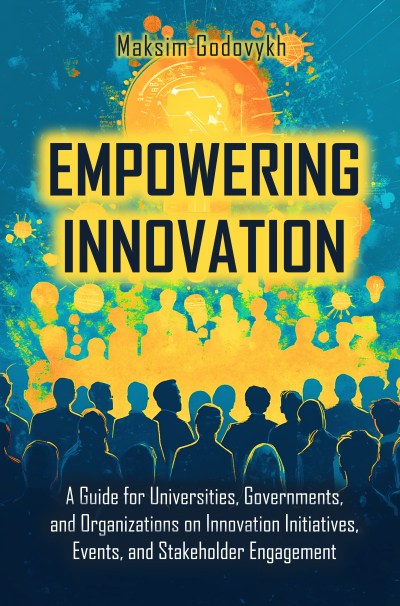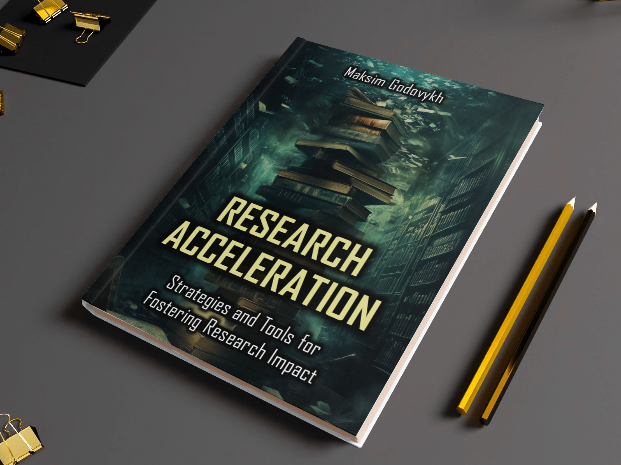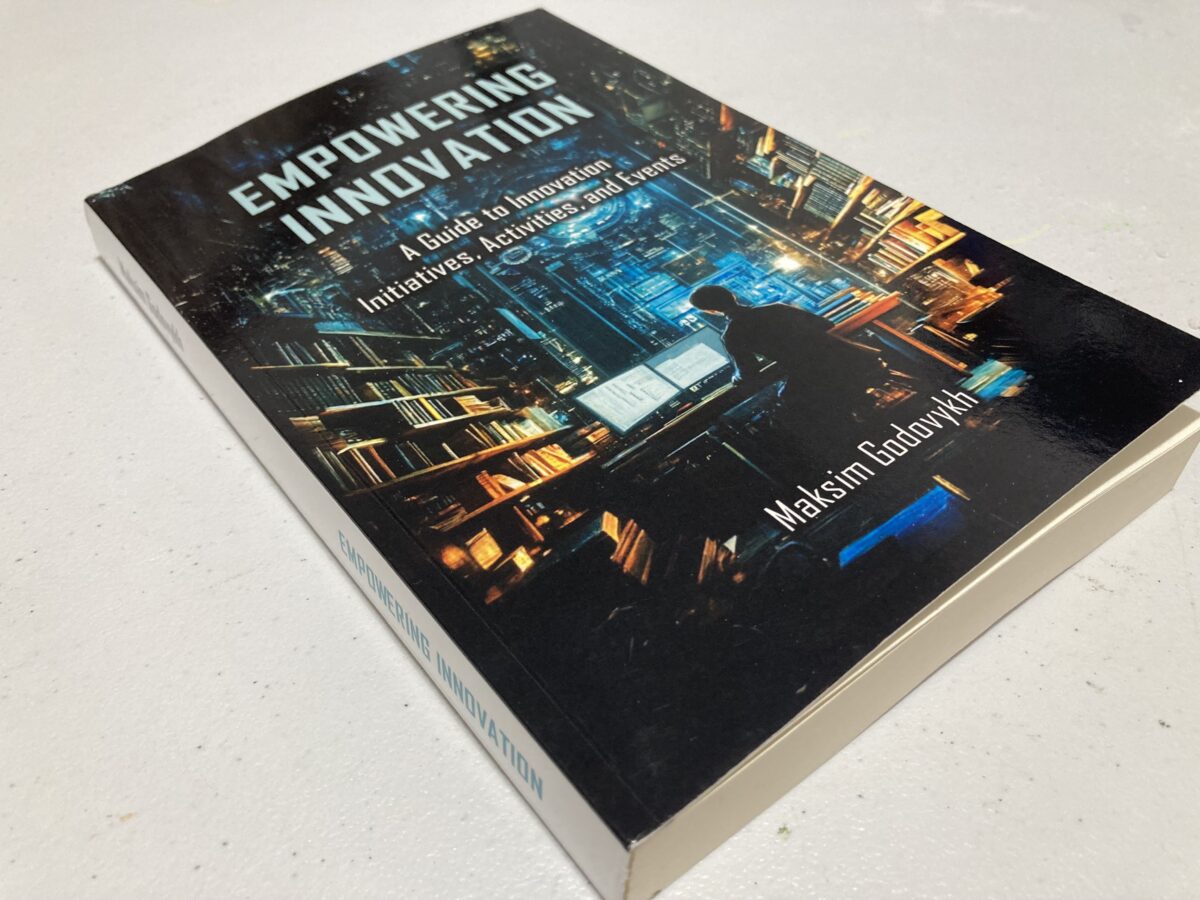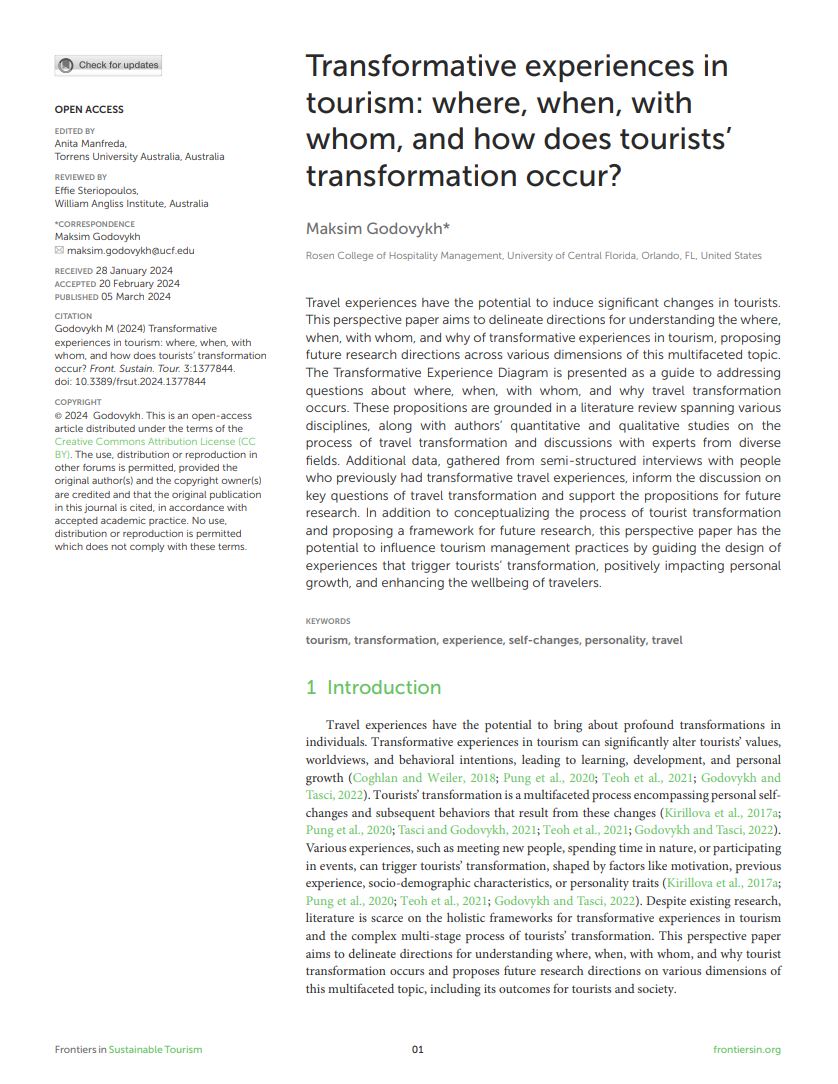Throughout my career, working with thousands of innovators, startup founders, researchers, and investors, I have observed both successful and struggling models of fostering innovation. From launching government innovation programs to establishing accelerators, incubators, and research acceleration initiatives, I have learned a crucial lesson—developing innovation and entrepreneurship as standalone efforts or isolated initiatives is rarely effective.
Sustainable innovation requires a dynamic and interconnected ecosystem—one that integrates support mechanisms, project pipelines, acceleration events, industry collaborations, and real-world application pathways into a cohesive structure.
I am always happy to share my experience with universities, particularly smaller private schools that are taking their first steps in developing innovation initiatives.
Innovation Events
Some well-tested events require minimal resources to organize yet can have a significant impact on fostering innovation.
- Hackathons
- Pitch Competitions
- Idea Crush-Tests
- Acceleration Events
- Networking Events
- Startup Showcases
- Innovation Forums
- And many more…
Innovation Infrastructure
Several key initiatives can be developed and launched simultaneously, complementing each other and creating a strong foundation for sustainable innovation:
- Incubator
- Accelerator
- Innovation Center
- Co-Working Space
- Research Acceleration Center
- Innovation Events & Programs
- Contests and Challenges
- Partnership and Fundraising Activities
- New Educational Curricula
The Pace of Innovation
Based on my experience, innovation development systems evolve quickly—sometimes even faster than expected. Attracting partners is often easier than it seems. A highly effective approach is inviting them to utilize university infrastructure, including conference rooms, meeting spaces, and co-working facilities.
I have firsthand experience in launching an innovation hub from scratch that, within just a year, was supporting over a thousand innovation projects. It quickly began collaborating with researchers, investors, government programs, industry leaders, and other stakeholders, ultimately becoming a regional center for innovation infrastructure.
I am always happy to share knowledge, provide guidance, or offer insights to universities—without any expectations in return.
I am also happy to send you PDF versions of any of my books or articles, including Empowering Innovations and Research Acceleration, completely free of charge. If these resources can help support your innovation development initiatives, feel free to reach out.

The book provides a comprehensive framework for transforming the research process, empowering individuals, institutions, and stakeholders to achieve greater efficiency, relevance, and societal impact.

This book provides a comprehensive guide for universities, governments, and organizations on fostering innovation through strategic initiatives, infrastructure development, stakeholder engagement, and event planning to build sustainable and impactful innovation ecosystems.
Let’s Connect
If you are working on scaling innovation or entrepreneurship efforts at your university and need insights on structuring an innovation ecosystem, organizing events and activities, or any other related topics, please contact me using the form below.









